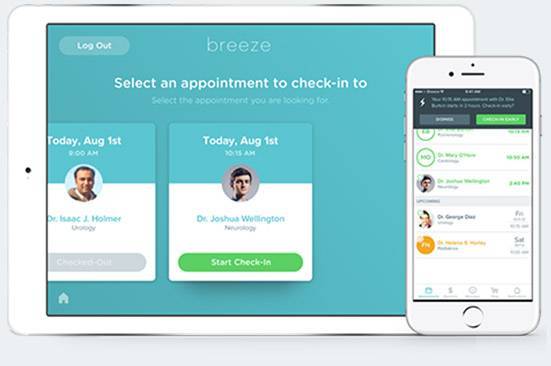Does the prospect of identifying a better EHR provider have you believing that your underperforming solution is good enough? Are you apprehensive about investing the time, energy, and money into a new solution, especially when you have no idea whether or not the next solution will be the right one?
If so, you’re not alone. The EHR rut is one many practice leaders find themselves in – aware that their current solution is not enough, but unsure how to find an affordable, superior option.
It’s vital that decision-makers in healthcare organizations stay informed about the EHR marketplace. It’s a space that is ever-changing, and if you’re not exploring new solutions on a regular basis, you could be doing your practice a major disservice.
That’s why we’re breaking down the three most common excuses used against new EHR solutions.
Lie #1: The EHR we really need is too expensive.
Budgetary concerns are legitimate, and your EHR should always be cost-effective. But when was the last time you examined the full cost of your current EHR? Not only the financial investment but also the cost to your physicians, staff, and patients?
Sluggish, inefficient solutions will cause providers more harm than good, but the right EHR promotes face-to-face interaction. Plus, your staff should have on-demand support so that technical problems do not derail productivity.
It’s time to assess the needs of your practice and get honest about whether those needs are being met. Don’t continue to let your patients be robbed of the care and attention they deserve due to subpar technology. The right solution is affordable without sacrificing functionality or service.
Lie #2: Our specialty is underserved by EHR providers – there’s no point exploring other options.
Not every EHR is built to serve your specialty, nor should they be. Unfortunately, many plug-and-play EHR providers seem to lack insight around this distinction. This is why it’s vital that you pursue a solutions provider who offers specialty-specific software.
With the right EHR, there’s no one-size-fits-all solution. The right EHR should be customizable to your specialty, highly responsive, advanced, and work as a natural extension to your clinical and operational workflow. It should fully integrate with your practice management and revenue cycle management solutions, so everyone can focus on what matters most: patient care. If your EHR isn’t performing to these standards, it’s time to explore other options.
Lie #3: My providers would never get on board with a new EHR.
Provider experience with EHR can be complicated, undoubtedly because they’ve already had to interact with overpromising, lackluster EHRs that just don’t work. The right EHR will enable your physicians to provide unmatched patient care, while also alleviating their workload. Once they understand that the new EHR will make them more productive, they will quickly get on board.
The key is to find an EHR that’s intuitive, easy to use, and designed with physicians and administrative staff in mind. Modern EHR solutions should be patient-focused and enable digital patient-provider communication and interaction; real-time patient flows, rapid charting, and streamlined workflows that help you work smarter, not harder.
Bottom line
When constantly presented with software that merely maintains the status quo, it’s easy to become skeptical about the potential of a truly impactful solution.
Don’t overlook the possibility that your EHR could be subpar. You’ve spent time and effort getting used to “good enough” features and functions when, in reality, there could be something just as affordable, but way more robust, waiting to take your practice to the next level.
When shopping for a new EHR, seek one that improves patient care, comes standard with intelligent features, engages patients, and streamlines workflows for all involved. The right EHR should be highly responsive, customizable, and affordable.
Finding the right EHR can mean the difference between streamlining your operations across departments or staying stuck in the status quo. It’s time your organization began thriving.




